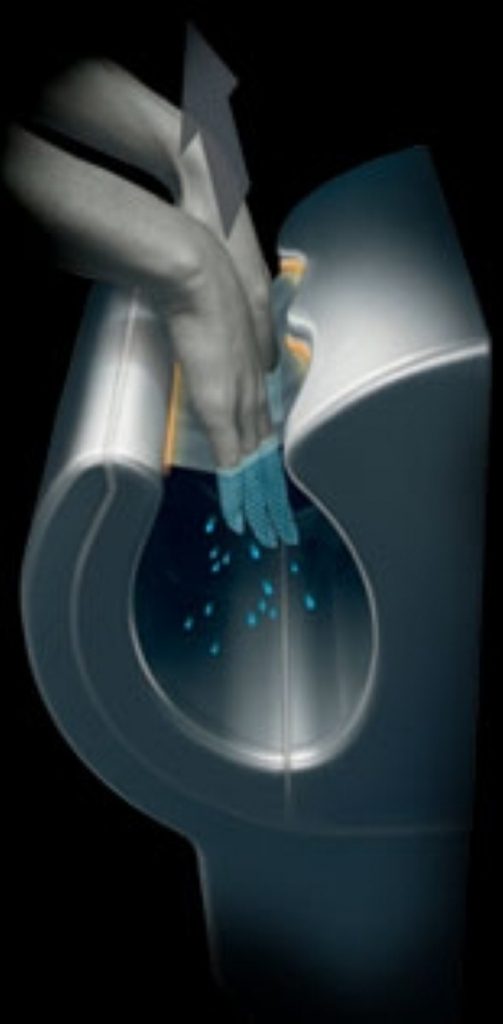Dyson: Immigration clampdown is killing British engineering
Britain was suffering a "crisis in engineering" due to the government's clamp down on visas for foreign students, according to James Dyson.
The inventor, whose vacuums, hand-dryers and heaters are considered triumphs of British engineering and design, warned that the best engineers were being put off coming to Britain because of the political climate.
"Foreign engineering students are clearly Anglophiles and they are clearly bright. So let us use their brains to our advantage," he told the Financial Times.
"The reason these engineers go home is because we do everything we can to make them unwelcome. They must find work within a few weeks of completing their studies, or we revoke their visas.


"If they do find work, we permit them only a fixed-term contract. Their employers, too, face high fees and an avalanche of paperwork. These are the world’s most promising engineers. We ought to be encouraging them to stay, not waving them goodbye.
"The solution to our engineering shortage is easy to see. Politicians need to find the mettle to implement it. Otherwise, we and others will be forced to leave for countries where engineers are made – and made welcome."
The inventor, who is worth up to £3 billion, said excessive paper work for employers and strict visa rules tempts engineers away from Britain once they have completed their studies.
He warned that 61,000 vacancies will go unfilled this year due to a lack of domestic engineers and restrictions on foreigners.
"Are the students smart, interested in science and engineering, and thinking of going to university? Then give them grants to cover tuition fees", he said.
"Let them learn the skills we need to build Britain’s future power stations, high-speed railways and exportable technologies. We will quickly recoup the cost. Engineering graduates earn higher salaries and pay more taxes, too."
Universities have been particularly hard hit by British anti-immigration policies, which are denting the £13 billion contribution to the economy made by foreign students.
In the year to December 2012 there were 209,804 study visas issued – a fall of 20% compared with the previous year.









